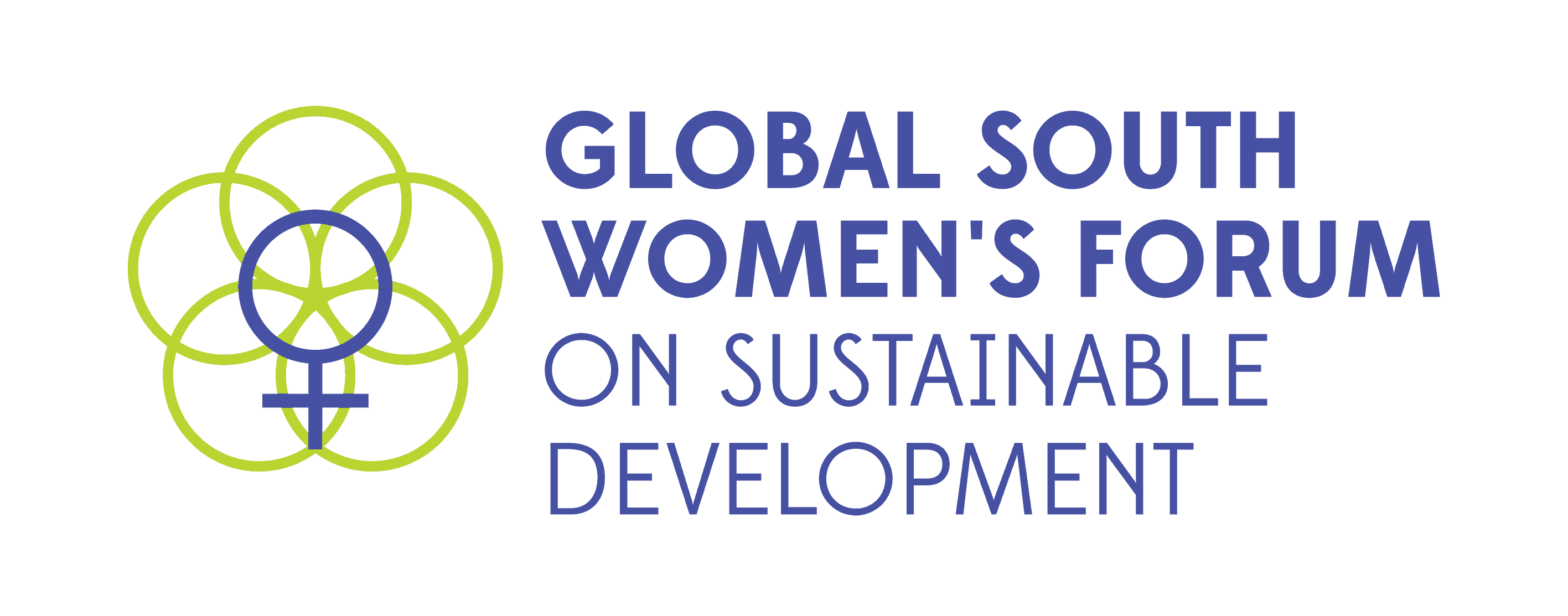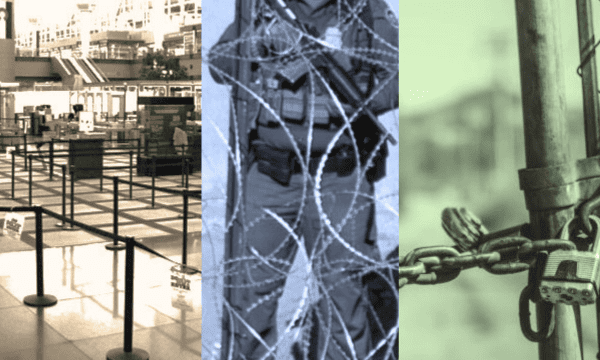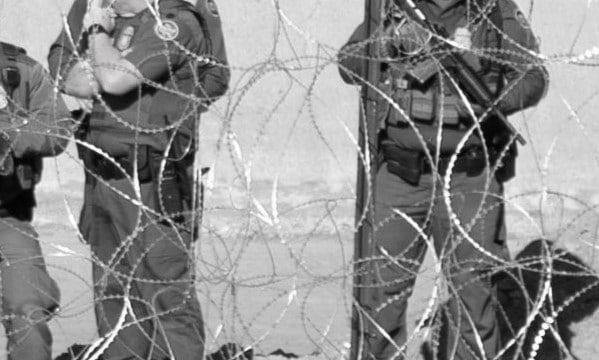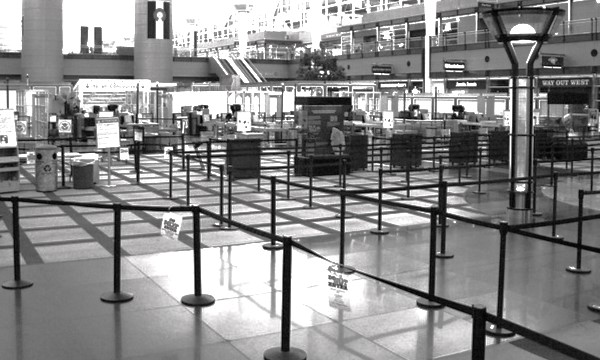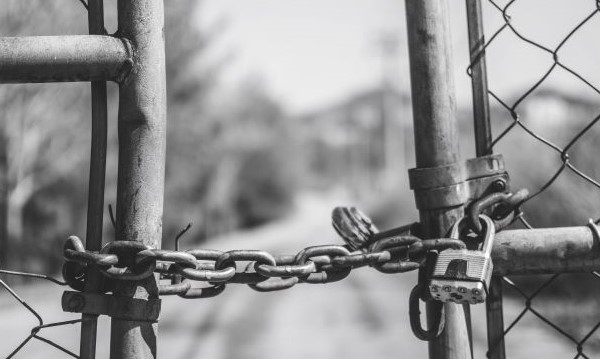‘Fences are easier to build than to dismantle’: Challenging the normalisation of bordering practices
The closing plenary of Global South Women’s Forum 2023 featured CEDAW Committee member Leticia Bonifaz Alfonso, Katrina Maliamauv of Amnesty International Malaysia, Jennifer Kamau of International Women* Space Berlin, and Imane El Hayek of Anti-Racist Movement Lebanon.
This final session revisited GSWF 2023’s three themes of documentation, carceral violence, and the exclusionary nature of citizenship; reflected on what was learned during the forum; and identified priorities going forward. It celebrated the connections made in pursuit of our common goal – to dismantle the harmful systems whose selective filtering of human rights extends around the world.
With thanks to Speranta Dumitru, whose article ‘When world leaders thought you shouldn’t need passports or visas’ (The Conversation, 27 September 2016) inspired this session’s title.
Speakers
Imane El Hayek is a Lebanese feminist activist who has been working with migrant communities in Lebanon for the last five years. Starting off as the coordinator of the Migrant Community Centre in Jounieh, she went on to manage cases of migrant domestic workers facing various violations. She is currently an advocacy officer at the Anti-Racism Movement, a feminist grassroots organisation working on achieving social justice for racialised groups in the country.
Jennifer Kamau is an activist, researcher and co-founder of International Women* Space, a feminist, anti-racist, anti-colonial political group in Berlin with refugee and migrant women* as members. This network emerged from the 2012 occupation of the Oranienplatz Movement as a feminist response to the predominantly male concerns of the refugees. Jennifer co-organised When I Came to Germany (2017), a conference on the experiences of women who migrated to East, West and reunified Germany and of German women affected by racism. Publications include In Our Own Words: Refugee Women in Germany Tell Their Stories (2015); written work on climate justice for Branch; and podcasts on IW*S radio. She is actively engaged in the Senate Committee on Anti-Black Racism and the UN Equal Opportunities Monitoring Committee Expert Group on Anti-Black Racism, as part of the implementation of the UN Decade for People of African Descent (2015-2024). Jennifer is among people designing and driving the decolonising process by the Digital Freedom Fund.
Katrina Jorene Maliamauv is a feminist and human rights activist who has worked for over 15 years upholding and defending the rights of all persons, particularly migrants, refugees and persons in various forms of slavery. Currently serving as executive director of Amnesty International Malaysia, Katrina leads the organisation in its campaigns to defend and protect freedom of expression, abolish the death penalty, defend the rights of migrants, address police brutality, and promote an intersectionality of issues and rights. She has a BSc in psychology and a Master’s degree in applied human rights and has written and performed poetry. She is unwavering in the pursuit of justice, and a believer in the power of hope, radical love, and collective action to reimagine and create a more inclusive, just and equal world for all.
Leticia Bonifaz Alfonzo has been a member of the United Nations Committee on the Elimination of all Forms of Discrimination against Women (CEDAW) since 2021. She has a degree and a doctorate in law from the National Autonomous University of Mexico, where she has taught for over three decades. She received a scholarship from the Italian government for postdoctoral research at the University of Bologna. She has held various positions, including director of the judicial school of the electoral tribunal of the judicial branch of the federation; legal advisor to the government of the federal district; and director of the legal studies division of the Centre for Economic Research and Teaching. She participates in forums in Mexico and abroad on the topics of gender equality, human rights and access to justice, democracy, globalisation and Indigenous groups.
